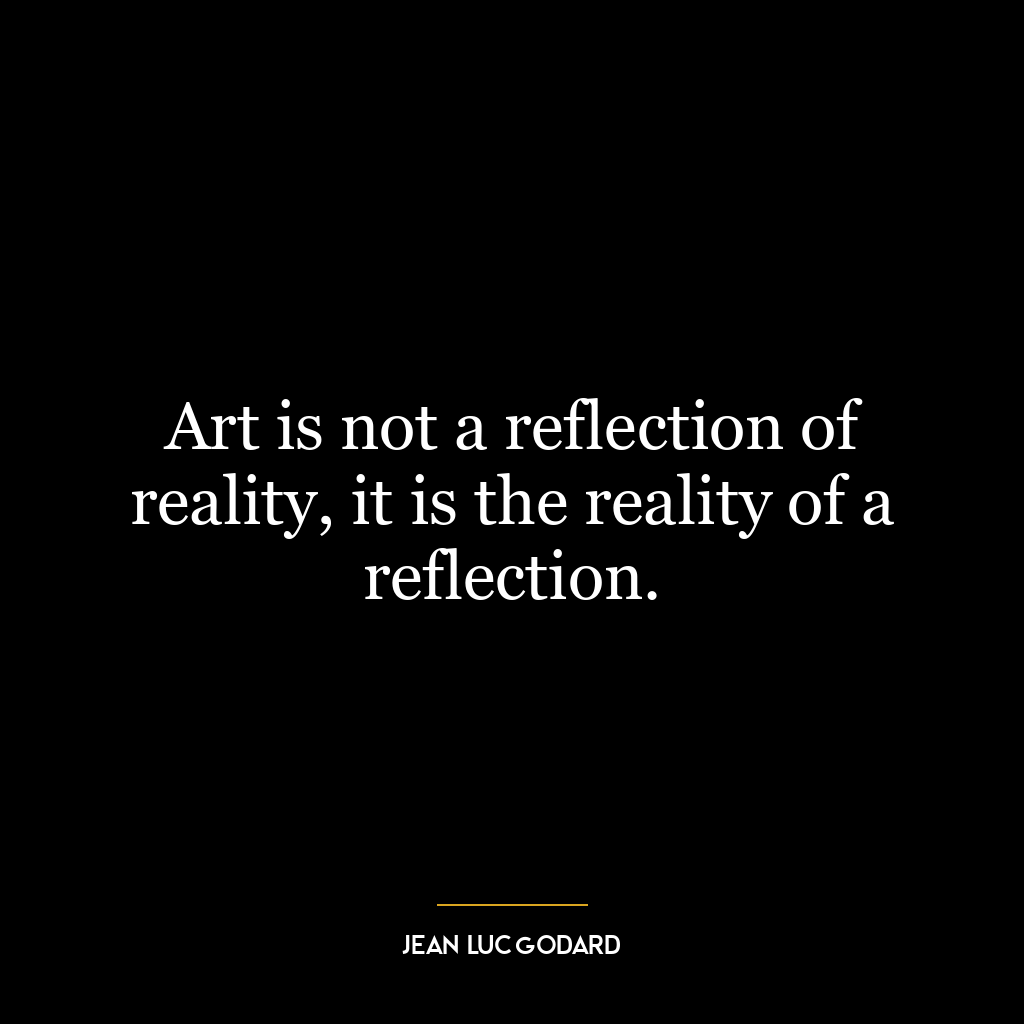Stress is an alarm clock that lets you know you’re attached to something not true for you.
This quote essentially suggests that stress acts as a signal or warning system, alerting us to the fact that we are holding onto a belief or idea that isn’t serving us or aligning with our true selves. It implies that stress is not just a negative experience to be avoided, but a tool for self-awareness and personal growth.
The “something not true for you” part of the quote refers to beliefs, thoughts, or situations that do not resonate with our authentic selves. These could be societal expectations, self-imposed pressures, or misconceptions about ourselves or the world around us. When we are in harmony with our true nature and desires, we are likely to experience less stress. But when we are living or acting in ways that contradict our genuine selves, stress can manifest as a wake-up call, prompting us to re-evaluate and adjust our paths.
The idea of stress as an alarm clock is a powerful metaphor. Just as an alarm clock disrupts sleep and demands attention, stress disrupts our peace of mind and demands our attention. It’s a signal that something needs to change, whether it’s our perspective, our behavior, or our circumstances.
Applying this idea in today’s world, especially in the context of personal development, involves using stress as a tool for self-discovery and transformation. Instead of merely trying to eliminate or reduce stress, we can learn to see it as a guide that points us towards areas of our lives that need attention or change.
For example, if you’re constantly stressed about work, it could be a sign that you’re in a job that doesn’t align with your values or passions. Or if you’re always stressed about pleasing others, it could indicate that you’re attached to the belief that your worth depends on others’ approval.
In both cases, the stress serves as an “alarm clock,” waking you up to the fact that you’re attached to something that’s not true for you. And recognizing this gives you the opportunity to reassess your beliefs or situation and make changes that bring you closer to your authentic self. Thus, stress can be a catalyst for personal growth and self-improvement.











